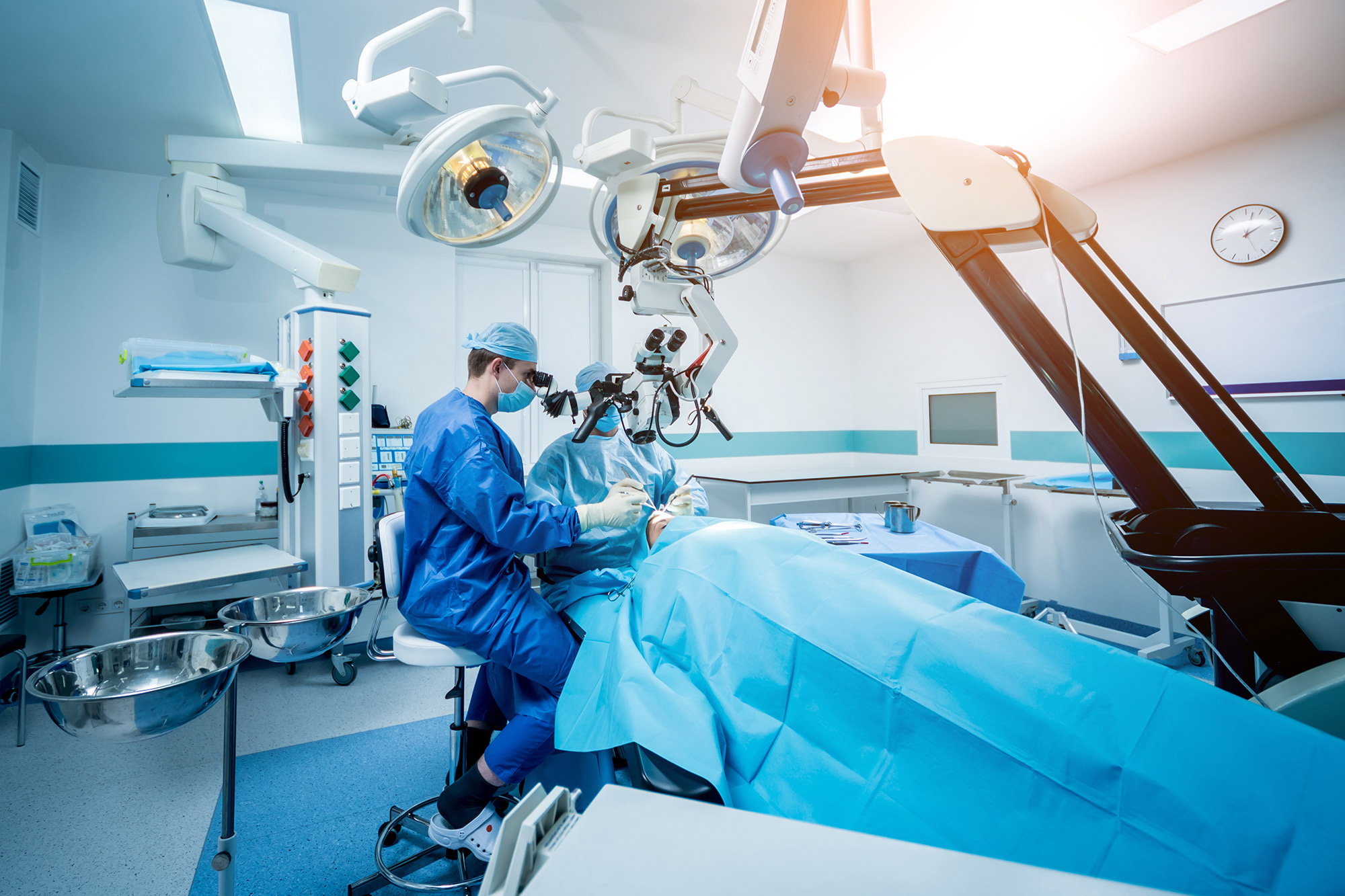Choosing a cataract surgeon isn’t something you do every day. Indeed, it’s a once (or, probably, twice) in a lifetime experience. Naturally, you’re going to want the best clinical professional—someone who combines incredible surgical skills with a bedside manner that puts you at your ease.
Your choice of surgeon will depend on many things. These include:
- Your clinical needs: Are your cataracts straightforward or do you have more complex needs, such as co-existing medical conditions, previous surgery or trauma to the eye, challenging eye anatomy, or non-age-related cataracts?
- Where you live: While many people might be happy to travel to take advantage of their preferred surgeon, others will be keen to stay local.
- Your personal preference: Perhaps a friend or relative has recommended an eye doctor. Maybe you’ve read a bunch of cataract surgeon reviews and, after much due diligence, have decided on a particular person. Or perhaps you’ve had an initial consultation with a surgeon who immediately gained your trust and confidence.
If you fall under the straightforward surgical banner, then you have multiple options. There are many great surgeons located across the country. Your ophthalmologist can provide you with some local recommendations or, if you want to do a bit more research, a simple online search for “best cataract doctors near me” is a good place to start. For those with more complex needs, you might want to consider traveling to take advantage of a surgeon experienced with your requirements.
Once you’ve narrowed down a shortlist, then it’s time to make contact and ask questions—and plenty of them.
Questions to Ask When Choosing a Cataract Surgeon
No surgeon will ever be offended by a potential patient asking them questions. The more information you have about the procedure, the better prepared you will be. Never forget that, while cataract doctors see and operate on hundreds or thousands of people per year, for you it’s likely to be a nerve-wracking, or at least slightly concerning, ordeal. Therefore, it’s essential to feel comfortable with the surgeon you choose.
The following are examples of questions you might want to ask (and the type of answers you’ll want to receive as a response).
- What does the surgery entail? How will it go on the day? A good answer goes along the lines of explaining what the operation does (breaks up and removes the cataract-diseased lens and replaces it with an artificial one). They should explain that you’ll wear a device over the eye to keep it open during surgery and that you won’t need to have a general anesthetic. You should discuss how pain relief will be administered, which is usually with eye drops and, potentially, a small injection near the eye. If you’re particularly nervous, they might consider some light sedation—but, for most people, this isn’t necessary.
- What kind of artificial lens do you offer? There are many different kinds. The surgeon should go into some depth about which will best suit you. This will depend on whether you’re going for a regular monofocal lens or a premium one. The latter can only be used if you’re undergoing laser-assisted cataract surgery. Expect your surgeon to discuss this further. They should also question you about your expectations and whether you’ll be happy to wear eyeglasses post-surgery, or if you’re keen to live a life without corrective lenses, if possible.
- How many surgeries have you performed? While everyone has to hone their skill, once a surgeon has reached the 500-1,000 procedure mark, then you can absolutely consider them to be highly experienced. In-demand surgeons can easily be doing up to 30 surgeries each week, so the numbers stack up pretty quickly.
- What is your success rate, and what happens if there’s a post-op issue? Cataract surgery is one of the safest of all operations, with a massively high success rate. Complications across the country are less than 5%, and most of these are easily treated with small additional procedures. Your surgeon should be more than happy to discuss any previous post-op complications their patients have experienced and how they were addressed.
- What are the potential risks? The surgeon may well have answered this with the above question. If not, you should expect to get an answer that includes infection, bleeding, lens dislocation, the risk of vision anomalies, etc.
You’ll be sure to have other questions that are pertinent to your situation. The key to choosing the best cataract surgeon is to take your time, read reviews, and listen to word-of-mouth recommendations. But most of all, pick a person who has plenty of experience for your requirements and, crucially, fills you with confidence.
Begin your search at https://www.bestcataractsurgeonreviews.com/near-me
